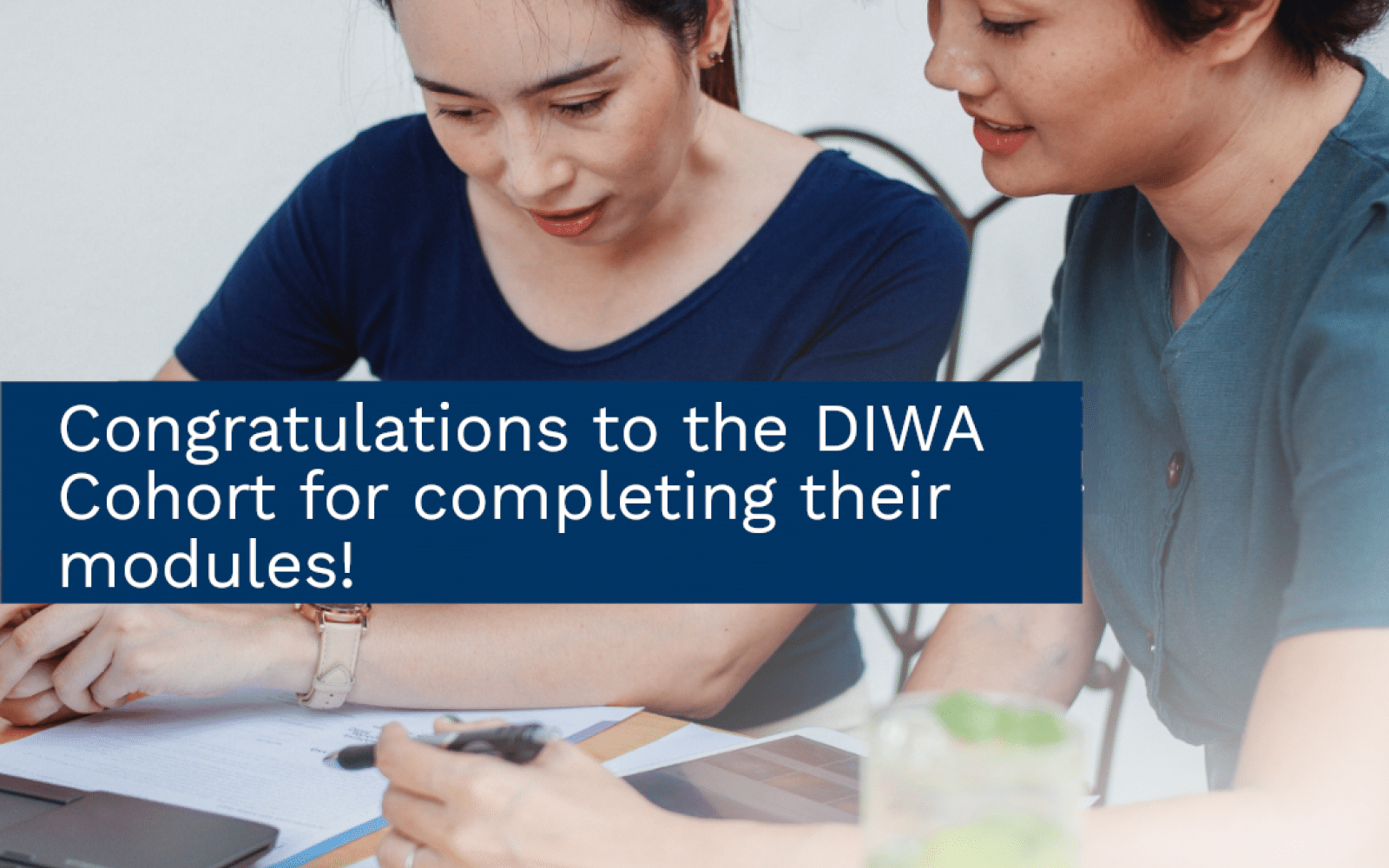Uplifting women who lift others: Trainings by Ashoka, S&P, Deutsche Bank empower ASEAN women social entrepreneurs
Women in Southeast Asia have identified the need for a strong community and structured mentorship to grow and navigate the challenges of social entrepreneurship.
